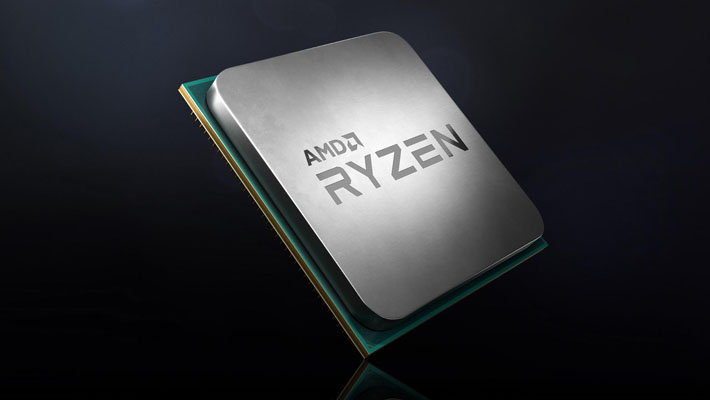This is Niche Gamer Tech. In this column, we regularly cover tech and things related to the tech industry. Please leave feedback and let us know if there’s tech or a story you want us to cover!
AMD has issued a statement as to why their Ryzen 3rd generation processors have not been meeting their Boost Clock specifications.
There had been unconfirmed reports that users of the processors were not meeting the specified boost clock capabilities. Tech YouTuber Der8auer collected data from almost 3,000 user entries (dismissing those that used specialized cooling or boosting systems). Tests were conducted via Cinebench R15, with clock speeds recorded using HWinfo (which is recommended by AMD themselves).
On September 1st he published his results via YouTube. He discovered the majority of the 3000 series Ryzen CPUs were in fact not hitting their advertised boost speeds.
For example, the 12-core Ryzen 9 3900X only had 5.6% of users reaching the boost speeds AMD advertised. On the other hand, the Ryzen 5 3600 (their cheapest Zen 2 part) had 49.8% of users meeting the advertised boost speeds.
In spite of this, Der8auer still recommends the Ryzen 3000 series, due to their value and performance- stating it was simply odd that AMD did not specify more accurate specifications to achieve the advertised boost speeds.
On September 3rd, AMD Ryzen’s official Twitter account published a statement on the situation:
“AMD is pleased with the strong momentum of 3rd Gen AMD Ryzen processors in the PC enthusiast and gaming communities. We closely monitor community feedback on our products and understand that some 3rd Gen AMD Ryzen users are reporting boost clock speeds below the expected processor boost frequency. While processor boost frequency is dependent on many variables including workload, system design, and cooling solution, we have closely reviewed the feedback from our customers and have identified an issue in our firmware that reduces boost frequency in some situations. We are in the process of preparing a BIOS update for our motherboard partners that addresses that issue and includes additional boost performance optimizations. We will provide an update on September 10 to the community regarding the availability of the BIOS.”
In short, this means AMD will send a recommended update to various motherboard manufacturers, who will then have to send it out to the public via BIOS updates to their motherboards.
